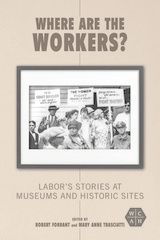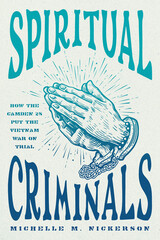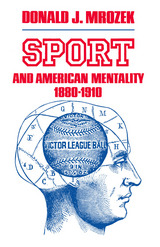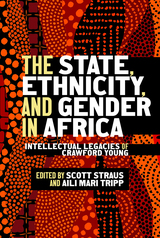
Flynn’s commitment to civil liberties was a characteristic and enduring element of her activism and a force that shaped her life. From her Wobbly years to her leadership of the Communist Party of the United States, Flynn was a trailblazer in the American civil liberties movement, an ardent and active defender of the right to hold and express one’s own political views and to associate with like-minded people in peaceful pursuit of economic, social, and political change. Rather than surrender responsibility for civil liberties to the courts, she championed “popular constitutionalism,” the idea that ordinary people are capable of defining and protecting their rights through vigorous debate of the Constitution and active supervision of the legal system. Although Flynn’s commitment to civil liberties never wavered, the movement to which she contributed so much abandoned her. In 1940, the ACLU, an organization that she helped found, expelled her from its executive board solely because of her membership in the Communist Party. An examination of the historical record shows that Flynn’s commitment to civil liberties matched or even exceeded that of others in the movement, including those on the ACLU board who judged her and found her wanting. It was her politics, not her commitment to the Constitution, which bothered her critics and relegated her to the margins of civil liberties history. The end of the Cold War has made it possible finally to write her into the center of civil liberties history where she belongs.

A wide-ranging blueprint for change, Where Are the Workers? shows how working-class perspectives can expand our historical memory and inform and inspire contemporary activism.
Contributors: Jim Beauchesne, Rebekah Bryer, Rebecca Bush, Conor Casey, Rachel Donaldson, Kathleen Flynn, Elijah Gaddis, Susan Grabski, Amanda Kay Gustin, Karen Lane, Rob Linné, Erik Loomis, Tom MacMillan, Lou Martin, Scott McLaughlin, Kristin O’Brassill-Kulfan, Karen Sieber, and Katrina Windon
READERS
Browse our collection.
PUBLISHERS
See BiblioVault's publisher services.
STUDENT SERVICES
Files for college accessibility offices.
UChicago Accessibility Resources
home | accessibility | search | about | contact us
BiblioVault ® 2001 - 2024
The University of Chicago Press









